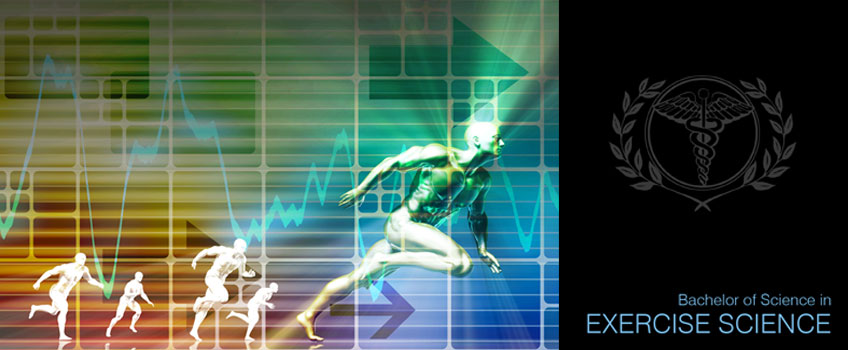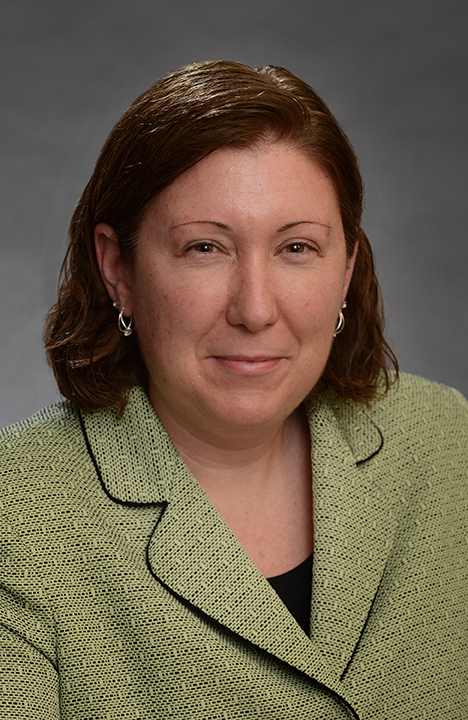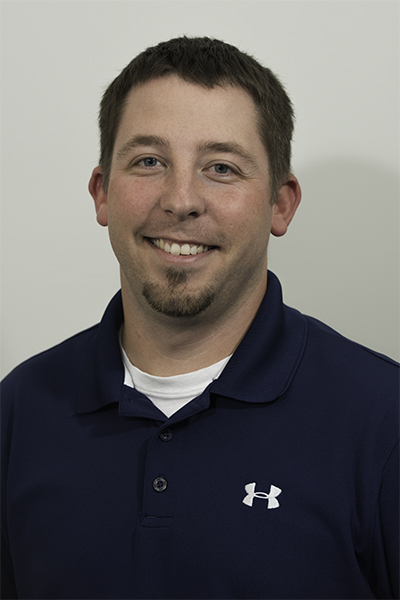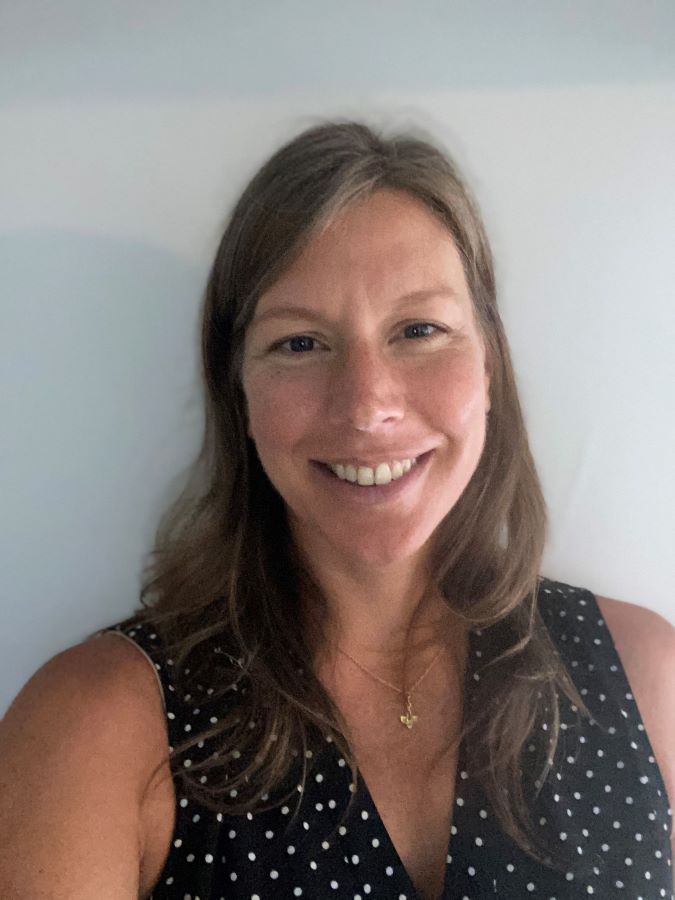Bachelor of Science in Exercise Science

Exercise Science is the study of human movement. It includes interdisciplinary training in academic areas such as exercise physiology, nutrition, biomechanics, strength training, fitness assessment, exercise prescription, and anatomy and physiology.
About the Program
The Bachelor of Science in Exercise Science prepares students for entry-level positions in public or private industries or admission into graduate programs in related areas.
The program focuses on the complex and multidimensional factors that guide human movement behavior including physiological, psychological, social, and environmental influences. Additionally, the program addresses how increasing physical activity will improve health and well-being across the lifespan.
Students are prepared for success in select certification examinations such as the American College of Sports Medicine’s Certified Exercise Physiologist and the National Strength and Conditioning Association’s Certified Strength and Conditioning Specialist.
Overview of curriculum
The B.S. in Exercise Science requires 128 credits to graduate and offers a curriculum with a strong science foundation, including coursework in Biology, Chemistry, and Anatomy and Physiology.
The program combines the study of exercise testing and prescription, exercise physiology, and research methodology with supervised practical experiences. Students gain practical experience in a professional setting through a senior internship. Stockton's professional partnerships and close proximity to numerous facilities offers a variety of hands-on opportunities.
Students in the program obtain the knowledge, skills, and abilities necessary to conduct and evaluate health and fitness assessments, design and implement exercise programs based on assessment findings, and to monitor health and fitness changes over time.
Upon completion of the B.S in Exercise Science program, students will possess the knowledge, skills and abilities to:
Core Element: Physical Activity in Health, Wellness, and Quality of Life
- Describe the relationship between physical activity participation and health, wellness, and quality of life, including a detailed explanation of current physical activity guidelines and recommendations
- Critically evaluate research related to physical activity and its impact on health and chronic disease
- Design and evaluate physical activity programs that promote health and improve quality of life
Core Element: Scientific Foundations of Physical Activity
- Explain how the scientific process informs our understanding of physical activity
- Describe the underlying scientific foundations of physical activity
- Critically evaluate information about physical activity from a scientific basis
Core Element: Cultural, Historical and Philosophical Dimensions of Physical Activity
- Describe the socio-cultural and historical factors that influence physical activity
- Demonstrate an appreciation of cultural diversity and make ethical decisions
- Critically evaluate scholarly work related to cultural, historical and philosophical dimensions of physical activity
Core Element: The Practice of Physical Activity
- Demonstrate an appreciation and commitment to physical activity practice
Exercise Science Faculty

Kelly A. Dougherty

Bryce J. Muth

Traci McCarthy
What can someone with a B.S. in Exercise Science do?
Graduates of an Exercise Science program can work in a variety of careers (some may require additional training) including:
- Athletic/personal training
- Cardiac rehabilitation specialist
- Exercise physiologist
- Sports information/marketing/journalism
- Coaching at a school or college
- Strength and conditioning coaching
- Program director of a corporate fitness center
- Physical activity epidemiology
The health and fitness field is growing fast, with national, state, and local career opportunities. Faster than average growth in employment is predicted in a number of areas related to Exercise Science. A recent poll of employers in southern New Jersey found many eager to provide internships and, ultimately, jobs for graduates of an Exercise Science program.
The undergraduate degree could also enable interested candidates to go on to advanced degree programs such as the Doctorate in Physical Therapy.


